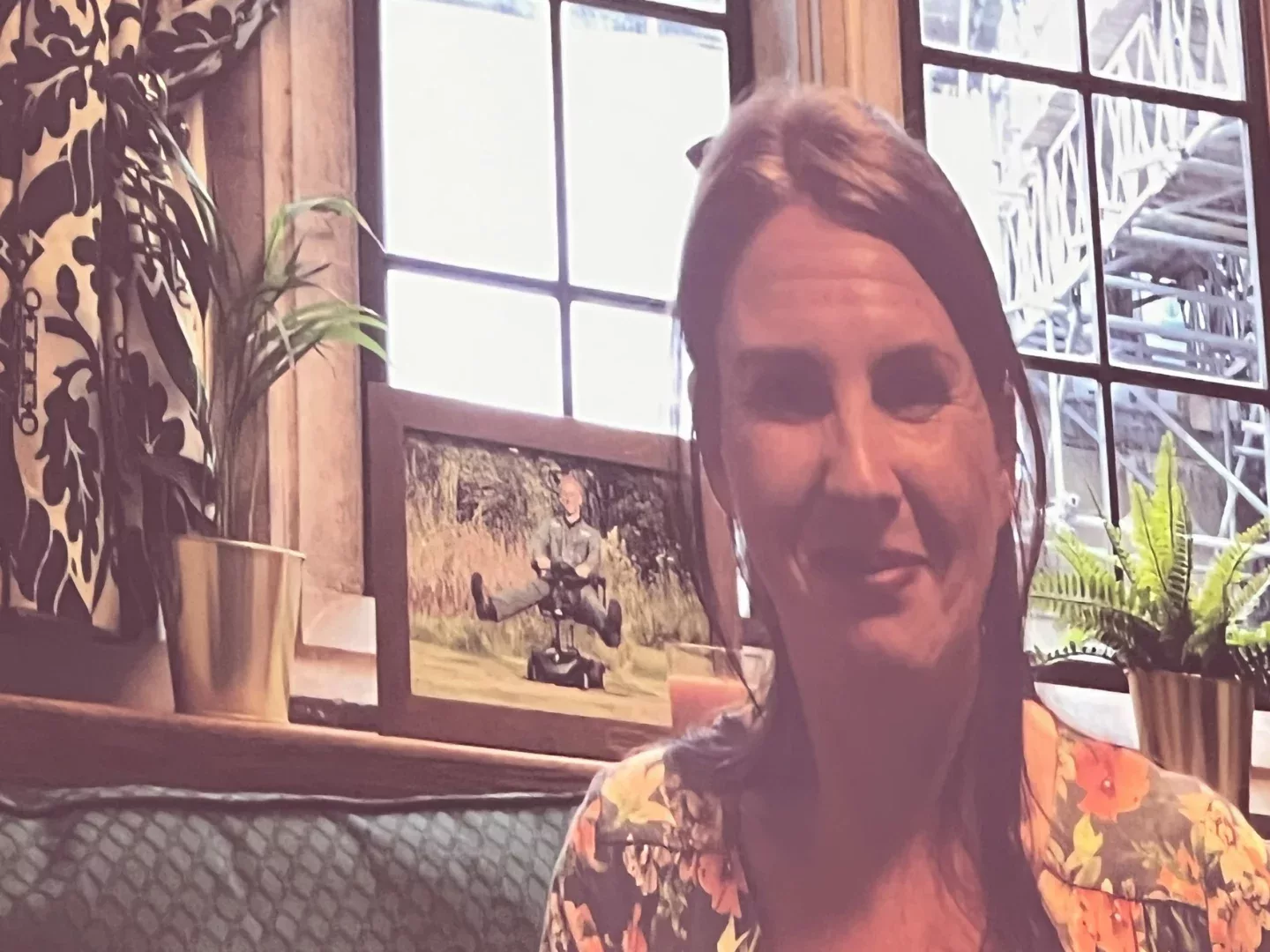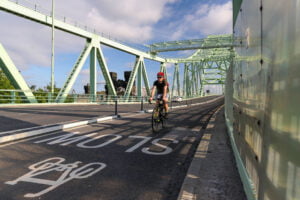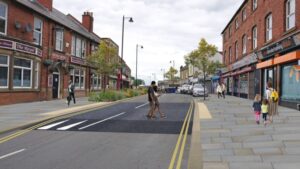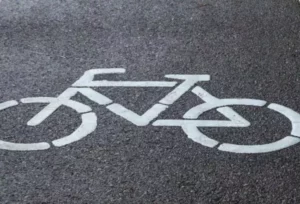The Transport Minister Trudy Harrison has told the Local Government Technical Advisers Group that “Everyone here has a role to play to ensure that we get emissions down and hit net zero by 2050. All roads the arteries that connect the country and power our economy”.
The Minister gave the keynote speech at the organisation’s “Greening the Black” Presidential Conference which aims to tackle the practical issues of decarbonising our highways and public infrastructure.
Due to parliamentary obligations, Ms Harrison was unable to join LGTAG in person but recorded a specific address for the event. In it, she called reduction in transport emissions as “a challenge but it’s also an opportunity”.
“The climate change pledge is only as good as the policies and investments we are making to make our roads greener,” she said. “For decades, roads designs prioritised the car over the impact on people and place. We’re making changes, by firstly changing the Manual for Streets guidance, which tells practitioners designing streets to put people first. From electric scooters to ride hailing apps, much has changed since it was first published 15 years ago, but its principles remain sound. When streets and roads – which make up the three quarters of public space – are designed well, they drive clean travel habits, transform local economies and improve people’s health.”
Ms Harrison talked about the rise in electric car sales and corresponding increase in the number of EV chargers, which she pledged would number 300,000 by 2030.
Talking of 2030, she discussed the target of having half of all journeys being walked or cycled, and said that Local Authorities are at the “heart of our activity” to make this happen, and discussed the setting up of Active Travel England to support this.
She concluded by pledging to support innovation.
“It’s not just what travels on our roads that needs to be sustainable, it’s the roads themselves,” she said. “Mastering the resource that local government has is crucial to maintaining the future of 180,000 miles of our local highway network, and that is why my department provided 23 million pounds to fund research and trials as part of the ADEPT Live Labs Programme in 2019.
“Examples of just some of the initiatives are potential new road surface materials such as graphene- enhanced asphalt and recycled waste plastics and bitumen. I’m delighted that we will be accepting bids later this year from any local authorities in the UK for Live Labs Two – a 30 million pound fund to try out new technology that will make the construction, maintenance and running of our roads more sustainable.
“Real change happens at the local level,” the Minister concluded. “That is how we’re going to achieve Net Zero – when local leaders develop and implement all proposals, which make a lasting difference in how we move on our roads, when local businesses are given freedom to innovate and trial new technology to make our highways more sustainable, and importantly, when groups such as LGTAG continue to encourage collaboration and shared learning. So the success of one business or local authority ends up benefitting everyone. If we do get that right, our roads can start to be seen as more of a cure, rather than a cause, of climate change.”
(Picture – Highways News)





















